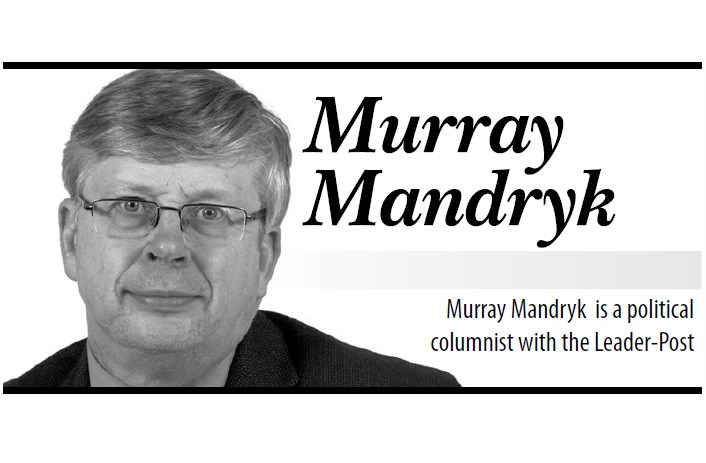Good news can be very habit forming ... or so Saskatchewan has found over the past decade and certainly in the last seven and a half years that Premier Brad Wall’s Saskatchewan Party has been in power.
Whether it’s been the record 130,000 additional newcomers to this province, retail sales, balanced budgets or record high job numbers and record low unemployment, the government and the province have had plenty to crow about. (Heck, we’ve even had two Grey Cups in that 10-year period, which equally is the number of championships in the Roughriders’ previous 100-year history.)
For the most part, credit Wall and his government for being relatively modest about their achievements.
Sure, political enemies might bemoan Wall’s boastfulness, but, in politics, there is never a time when politicians can afford to be completely humble.
But let us give the province – and especially rural regions of the province – credit for remaining rather humble during Saskatchewan’s good fortunes. Perhaps it’s because those most in tune with the land also happen to be most in tune with its fickleness.
Unfortunately, we have choices other than to take the good times with the bad. So at the risk of being the bearer of bad news, Saskatchewan has sudden reason to remember its humble roots.
Let us begin with something that most of you need not be reminded off – the lack of rain already taking its toll on the 2015 crop.
According to the latest Saskatchewan Agriculture weekly crop report, dated July 3, a sprinkling of rain helped “topsoil moisture conditions; however, significant rain is still needed in many areas to help crops, hay and pasture develop.”
Only two per cent of the province’s farmland is rated as surplus, although producers say 46 per cent of our farmland is seen as having adequate moisture. Thirty eight per cent is short of moisture and 14 per cent is very short.
Hay has similar problems and crop development has been delayed by cool and dry weather – an unfortunate development, given the great early start to seeding.
Even more unfortunate, the wildfires up north that caused the evacuation of La Ronge have quickly burned through more than 7,000 hectares of forest and the entire $56-million wildfire budget. One can’t necessarily fault ex-finance minister Ken Krawetz for under budgeting, but the costs of fighting these fires and evacuating 10,000 northerners have likely already exceeded the budget surplus.
And speaking of the budget, crude oil prices have recently slipped to $52 US a barrel – slightly below the relatively humble March budget prediction of $53 US a barrel. This is actually tougher on the rural economy than the budget itself, as it means a slowing of both drilling and exploration.
Of course, we managed to limp through the 2014-15 budget with a surplus because of better-than-expected potash sales. So far, potash prices are holding steady with less mine layoffs than in past years.
But the days of a booming economy because of mine expansion may be behind us. A $10-billion “friendly” takeover of K&S by PotashCorp now very much seems in doubt, which may actually be good news because it might prevent the long-term closure of mines, but it doesn’t necessarily bode all that well for the overall growth of the industry.
Admittedly, it’s not all bad news. The latest figures are also showing population growth and job growth numbers are holding their own – at least as of the writing of this article.
Also, a Canadian dollar under 80 cents U.S. is good for tourism – although bad forest fi res up north aren’t helping. And manufacturing isn’t benefiting as much from that low Loonie as we hoped.
But we’ve been through all of this before, haven’t we?
It may be just a matter of reminding ourselves why we are a humble lot.
��




